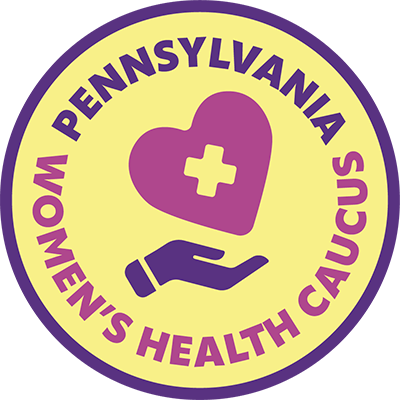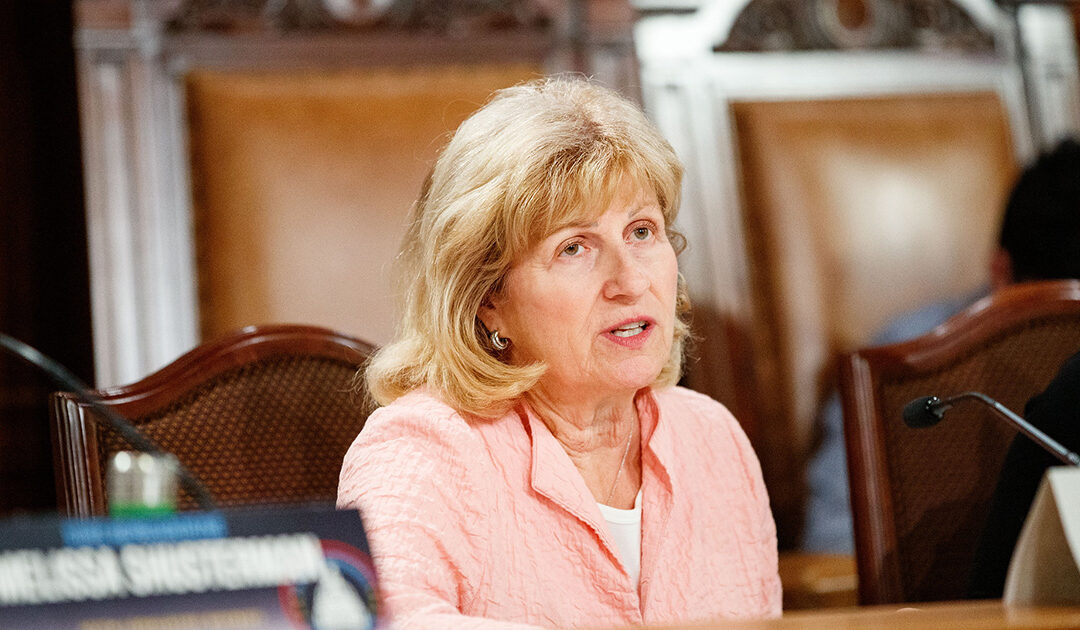Harrisburg—September 21, 2022 — This morning, members of the Women’s Health Caucus, the Pennsylvania Department of Human Services, and an advocate from Planned Parenthood held a press event to talk about postpartum Medicaid expansion and the need to protect abortion rights in the commonwealth.
On April 1, 2022, postpartum Medicaid coverage was expanded from 60 days to 12 months in Pennsylvania. This action was made possible by a provision in the American Rescue Plan Act. The Wolf Administration and DHS Acting Sec. Meg Snead took advantage of the provision which will provide low-income Pennsylvanians and their children with the postpartum care they need for a healthy start.
The event also highlighted the need to protect and expand access to abortion and all forms of reproductive health care in the face of ongoing efforts to ban and restrict abortion in Pennsylvania.
In America, we talk a lot about valuing live, but it is more dangerous to be pregnant and give birth here than in any other developed country in the world,” said DHS Special Advisor Sara Goulet. “We are the only industrialized nation where women are dying at a higher rate now than they were 25 years ago.”
“The mission of the Women’s Health Caucus is to improve maternal health outcomes and total family health for every Pennsylvanian regardless of race, income, or religion,” said WHC co-chair Sen. Judy Schwank (D-Berks). “Abortion and all forms of reproductive health care are a part of that conversation and must be protected to ensure no one is denied the care they need.”
“The full scope of reproductive health care includes access to abortion,” said WHC co-chair Sen. Amanda Cappelletti (D-Montgomery, Delaware). “Your ability to access it and your ability to freely discuss your options is a part of that spectrum of care. Whatever your reason for getting an abortion is, it is valid.”
“Access to health care is essential, especially during the first twelve months of pregnancy,” said WHC co-chair Rep. Mary Jo Daley (D-Montgomery). “This historic investment in the children and birthing people of Pennsylvania is one of the most important steps that can be taken to combat maternal mortality in the commonwealth.”
“In light of the deeply alarming crisis of maternal mortality and ongoing efforts to roll back reproductive freedom and access to care, we are sending a message,” said Sen. Carolyn Comitta (D-Chester). “All Pennsylvanians must feel safe accessing the full scope of reproductive, perinatal, and maternal health care.”
“Thankfully, as we stand here today in Pennsylvania, abortion is still legal, but meaningful access to reproductive health care isn’t created equal,” said Sen. Lindsey Williams (D-Allegheny). “Black women and other communities of color continue to experience maternal mortality rates twice as high as white women. We are fighting to preserve access to safe, legal abortion, and we also need to continue to improve the full picture of reproductive health care services for Pennsylvania.”
“We all know that the attacks on reproductive health care and the lack of support for maternal health care hurt Black and Brown communities the most,” said Sen. Tim Kearney (D-Delaware, Chester). “It’s imperative for racial justice that we defend the reproductive care in Pennsylvania. That’s why I’m grateful DHS moved to extend Medicaid coverage for new mothers.”
“Instead of addressing maternal mortality, instituting paid family leave or tackling any number of pieces of pending legislation that could improve women’s lives, extremists in Harrisburg keep introducing unpopular bills attacking our right to make our own choices about our own health,” Sen. Maria Collett (D-Montgomery, Bucks). “We will keep up the fight to ensure Pennsylvanians can access the care they deserve.”
###

